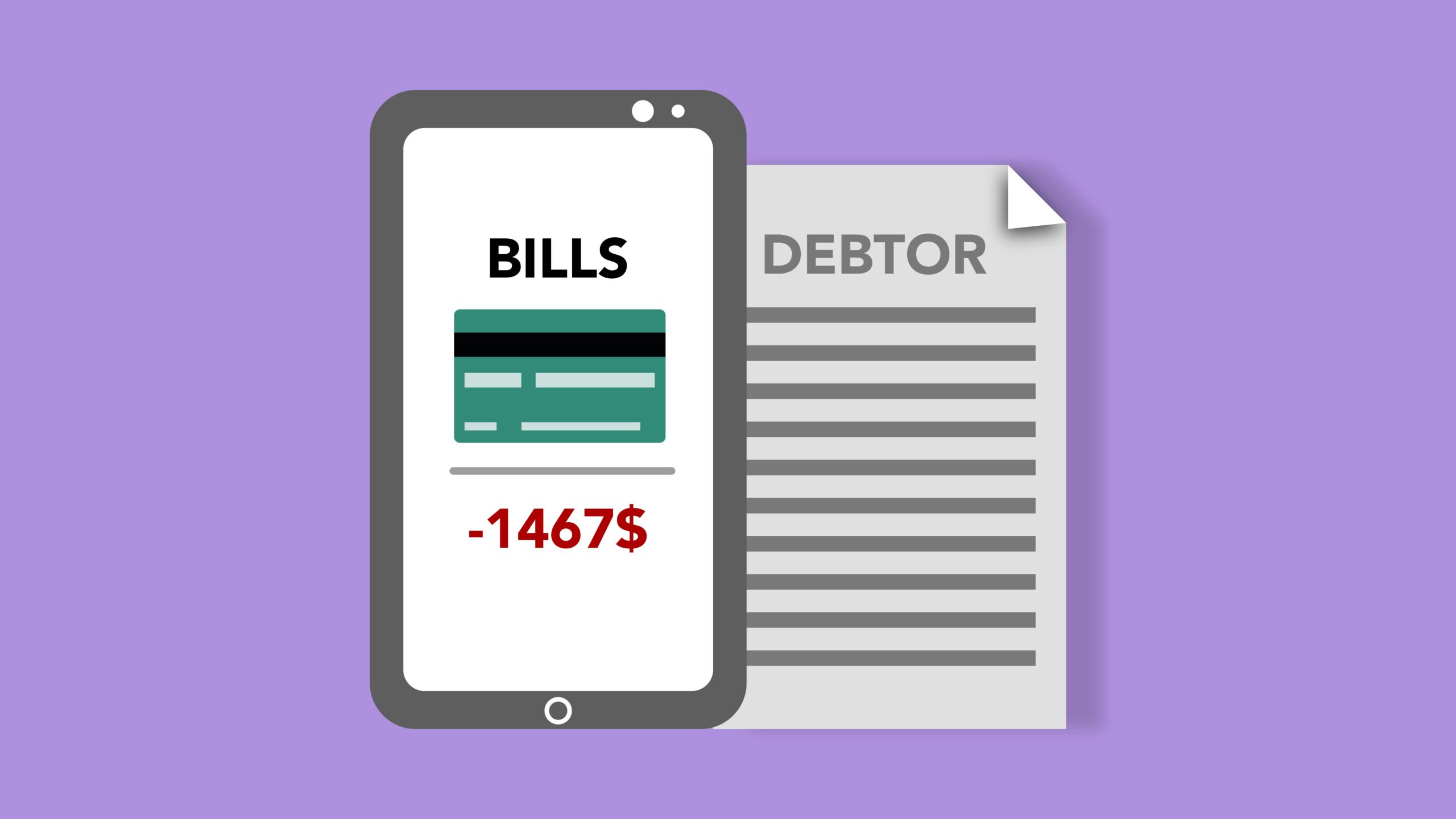Who Can Benefit from “Small ZUS Plus”?
Since February 1, 2020, entrepreneurs who ran a business for at least 60 calendar days in the previous calendar year and whose income in the year preceding the application did not exceed PLN 120,000.00, can benefit from the “Small ZUS Plus” program and pay reduced social security contributions.
Small ZUS Plus is undoubtedly an attractive support option for small business owners, but not everyone is eligible. For instance, if you benefited from the Small ZUS or Small ZUS Plus for a total of 36 months within 60 months of running your business, you are no longer eligible. Similarly, if you qualify to pay reduced contributions based on 30% of the minimum wage, you also cannot take advantage of Small ZUS Plus.
Another limitation relates to your tax settlement method. If you use a flat-rate tax card and are simultaneously exempt from VAT, you are not required to file PIT or VAT declarations. As a result, ZUS lacks the necessary data to verify the correctness of your contribution base, which excludes you from the Small ZUS Plus program.
If you operate a business as a partner in a general partnership or perform the same tasks you previously did as an employee for the same employer, you are also not eligible. Likewise, if you are insured due to another non-agricultural activity, you’ll need to look for other solutions.
It’s also worth noting that creators, artists, freelancers, partners in general partnerships, limited partnerships, partnerships, or sole shareholders of limited liability companies, as well as individuals running public or private schools, kindergartens, and other educational institutions, are not eligible for the Small ZUS Plus program.
How Long Can You Use Small ZUS Plus?
Small ZUS Plus is a great way to lower the cost of doing business, but it’s important to understand the time limits. The rules are clear: reduced social security contributions can be used for a maximum of 36 months within 60 calendar months of running a business.
What does this mean in practice? For a total of 36 months (three years), an entrepreneur can pay lower contributions. However, this period must be spread over five years (60 months). Importantly, months during which you used the original Small ZUS program also count toward these 36 months.
For example, if you benefited from Small ZUS for 12 months, you have 24 months left to use Small ZUS Plus. After using the full 36 months of discounted contributions, you must pay full rates for the remaining months within the five-year period.
Small ZUS Plus in Court?
The program, which was intended to help entrepreneurs, has led to disputes with ZUS regarding how long a break should last before an entrepreneur can use the program again. Business owners who used Small ZUS Plus between 2019 and 2021 expected to requalify for lower contributions in 2024. However, ZUS believed that the right to reapply wouldn’t be restored until 2025—after three full years of paying full contributions.
When ZUS started issuing unfavorable decisions, denying access to Small ZUS Plus from January 1, 2024, the Ombudsman for Small and Medium Enterprises intervened, arguing that the legislator’s intention was to require only a two-year break. The Ombudsman began appealing such decisions to court.
A breakthrough came on June 27, 2024, when the District Court in Gorzów Wielkopolski issued the first ruling in favor of entrepreneurs. The court agreed with the Ombudsman’s arguments and granted the entrepreneur the right to Small ZUS Plus starting January 1, 2024. In its justification, the court emphasized that the law should be interpreted in line with the legislator’s intent, which was to allow three years of relief within five-year periods. The court also cited Article 11 of the Entrepreneurs’ Law, which mandates authorities to interpret provisions in a business-friendly manner and resolve ambiguities in favor of entrepreneurs.
For entrepreneurs who have received unfavorable interpretations from ZUS, this opens the door to paying reduced contributions sooner. If you need assistance with issues related to the Social Insurance Institution (ZUS) or want to learn more about available contribution preferences, feel free to contact us remotely: https://atl-law.pl/prawo-pracy-sprawy-zus/









